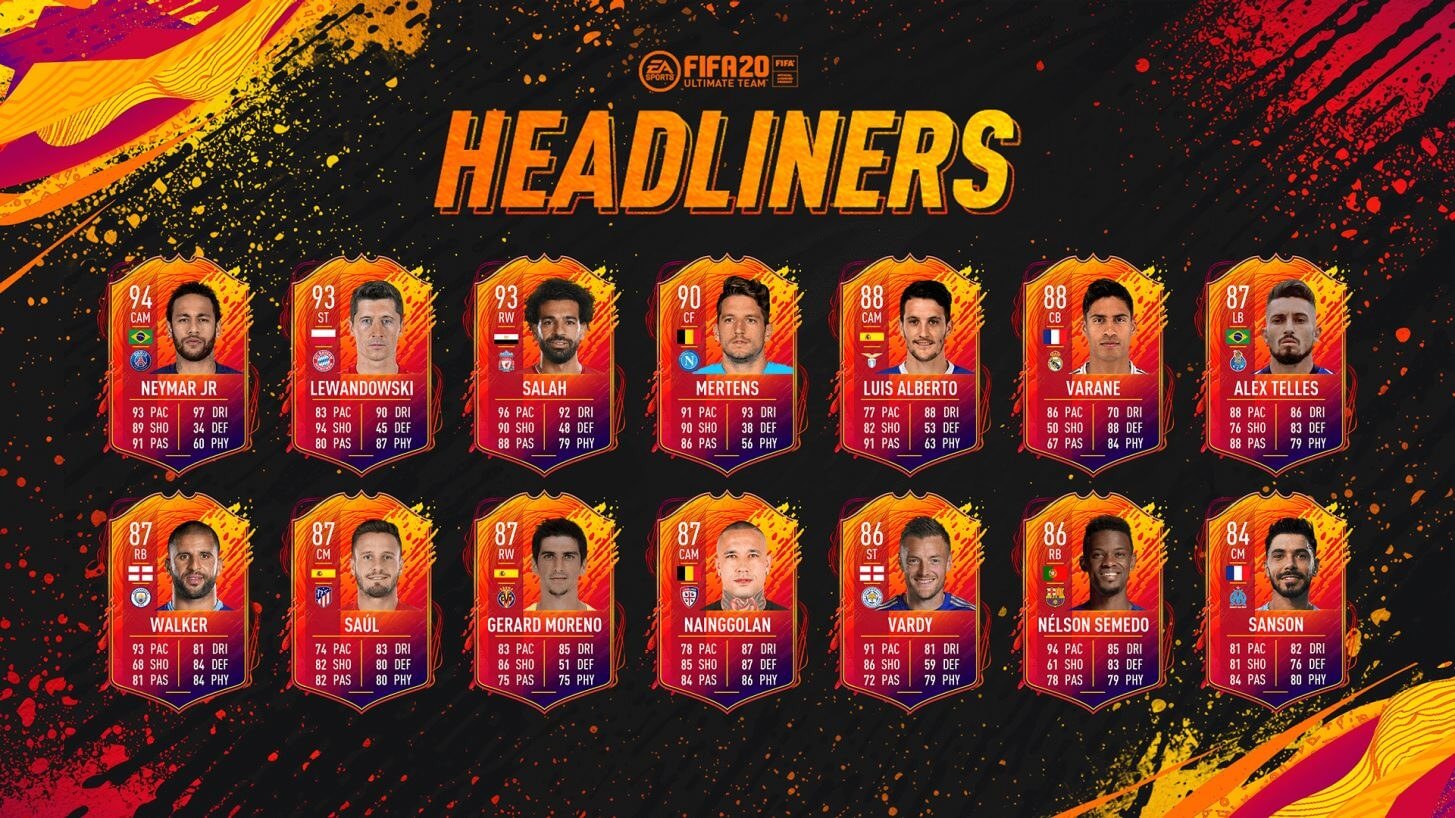In context: Despite their controversial nature, loot boxes in video games continue to be a thing. Companies make millions from transactions that do not guarantee anything of real value. Likewise, governments and individuals continue to fight game makers over the stained mechanic.
The battle over the ethics of using loot boxes in video games continues as two new lawsuits have been filed in France against EA. The separate cases both target the publisher's FIFA franchise alleging that the microtransactional system in its Ultimate Team mode (FUT) is a form of unregulated gambling.
The suits claim that to have any chance of winning in FUT, users must purchase player bundles that are randomly generated. Furthermore, one of the lawyers contends that the system is rigged in such a way that it encourages players to spend more money to up their chances of getting a star player.
"The developers of this game mode have created an illusionary and particularly addictive system," attorney Victor Zagury told French sports-news outlet L'Équipe. "The more you pay, the more you have the possibility of getting big players."

Zagury claims his client spent over 600 euros in five months without receiving a "big player." He adds, "We believe that a gambling game has been integrated into this video game because buying packs is nothing more than a bet. Today, an 11 or 12-year-old teenager can, without any restriction, play FUT, and commit money because there is no parental control system in this mode."
Zagury's client says that the best player his €600 investment got him was some unheard of nobody. He admits that he is addicted to loot box gambling. He also claims that he knows people who have spent thousands of euros on FIFA Ultimate Team player packs, which is not unheard of in the game.
Loot boxes in video games have always been a hot button issue with gamers and governments alike. Several countries have deemed the controversial mechanic a form of illegal gambling. Yet companies such as EA consider it both legal and "ethical." The ESRB has also sided with developers saying that it cannot consider loot boxes gambling as players do receive something of value for their money even if they "don't want" it.
It would seem that the only way that game makers would abandon the system is if players collectively quit buying loot boxes, but that is not likely to happen.
